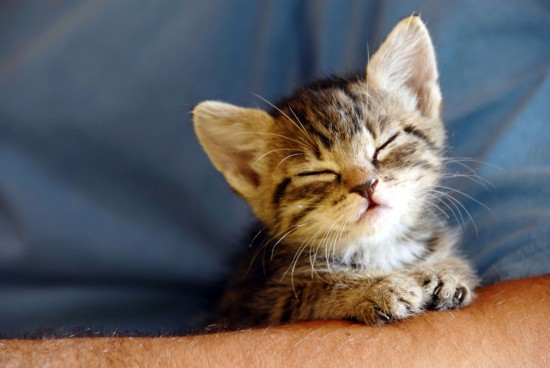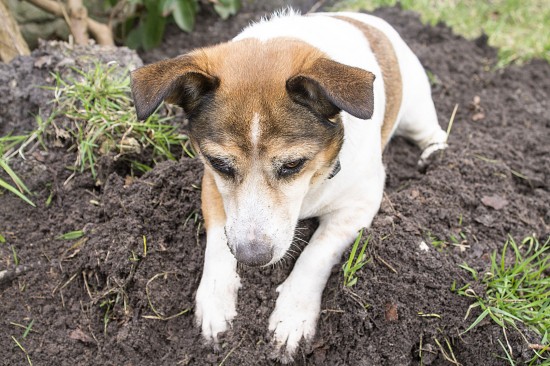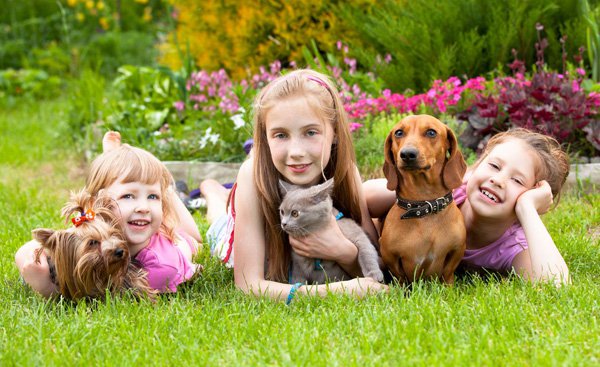
We all know the story of the heroic Willie the parrot. To have a pet parrot save the life of a choking baby is just heartwarming. Who would thought that a parrot could save a human life? While we all want our birds to have the intelligence of Willie the parrot, the sad truth is that most parrots scream because they are stressful of their living conditions. So when they do genuinely scream to alert us of an emergency, we probably would not take their screams seriously.
In most situations, parrots scream because of the stress of living in small cages, not getting enough water, food, sleep or social interaction. When there is not enough space to spread their wings and move about in their cages, parrots become phobic, which causes them to emit ear piercing screams. As humans, we would be stressful too if we are confined in a small space without enough room to move.
The sound of screaming parrots can be most annoying, especially to the neighbors. In extreme cases, the parrot owner may get himself evicted. If not addressed immediately, this screaming would lead to other behavior problems such as feather plucking and biting. A biting parrot is a menace because it considers anyone close to it as predators and is a danger if there are children in the house. This is one reason why many parrots end up being rescued by bird sanctuaries because their owners simply gave up on them.
The size of the parrot cage is the most dominating factor for parrot stress syndrome. The basic principle for preventing stress and parrot screams is to ensure that their cage is at least 1 to 1 ½ times their wingspan in width, depth and height. This dimension will enable the parrot to stretch its wings and move about without hurting itself. Big cages may cost more but it is a wise investment to make as a parrot owner. It is also important where you place the bird cage. Some sociable parrots will want to be where the centre of family activity is most of the time. The quieter parrots will want to be in a quiet room by themselves but still be a part of the family activity for social interaction.
The animal instinct in a parrot is that it is always looking out for predators. Placing the cage in a quiet room or facing a wall will enable the parrot to relax. It is not a good practice to place your parrot by a window. While you may think that your parrot will enjoy the view and relax, you are actually putting it in a stressful situation because the parrot is constantly on the lookout for predators. A cat, a dog or other creatures walking outside the window is not an uncommon sight to see and this will have a grave effect on your parrot's behavior.
Also, do not place the bird cage on the floor because parrots are seldom on the ground in the wild. Mother nature has it that parrots are always perched on a tree, or at least above the ground. The optimal cage height for domestic parrots is slightly below the eye level. This is also the ideal height for the parrot to bond with its keeper.
With the right cage size and correct positioning of the cage will prevent your parrot from becoming stressful and reduce the parrot screams. Other factors such as the quality of food and cleanliness are easy adjustments to make once you are sure the parrot has settled and feel comfortable in its cage. When these primary causes of parrot screaming is eliminated, you can be assured that the next parrot scream you will hear could be those that require your immediate attention. Like Willie the parrot, your parrot could be trying to raise the alarm that something is not right in the house.
Azmi Adnan is a writer and a parrot enthusiast. Subscribe to his newsletter for interesting articles on parrots at his website http://www.power-to-live.com/parrot.html
 Why Do Cats Purr?
Why Do Cats Purr?
Why Do Cats Purr?
Why Do Cats Purr?
 How To Stop Your Dog From Destroying Your Garden
How To Stop Your
How To Stop Your Dog From Destroying Your Garden
How To Stop Your
 Finding the top Vet for Your Beloved Pets at Animal Hospital in Coquitlam
Finding the top Vet for Your Beloved Pets at Animal Hospit
Finding the top Vet for Your Beloved Pets at Animal Hospital in Coquitlam
Finding the top Vet for Your Beloved Pets at Animal Hospit
 Can Dogs Eat Cat Food Long-term?
Can Dogs Eat Cat
Can Dogs Eat Cat Food Long-term?
Can Dogs Eat Cat
 How To Raise Two Dogs Together And Manage Their Respective Traits
How To Raise Two
How To Raise Two Dogs Together And Manage Their Respective Traits
How To Raise Two
Copyright © 2005-2016 Pet Information All Rights Reserved
Contact us: www162date@outlook.com